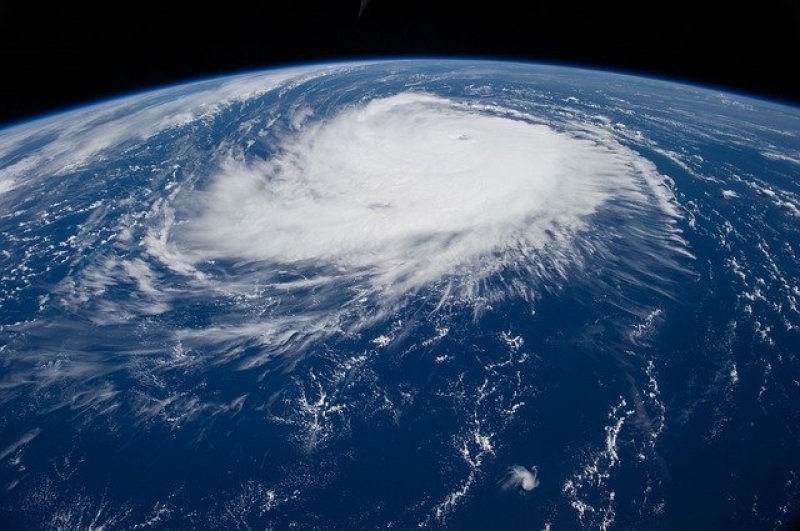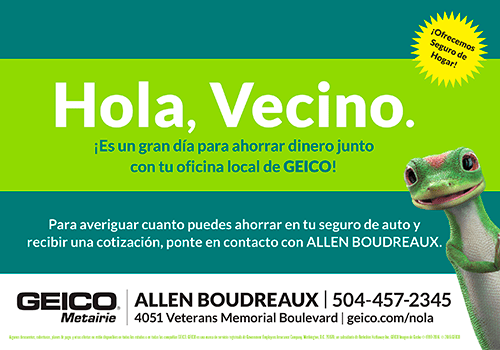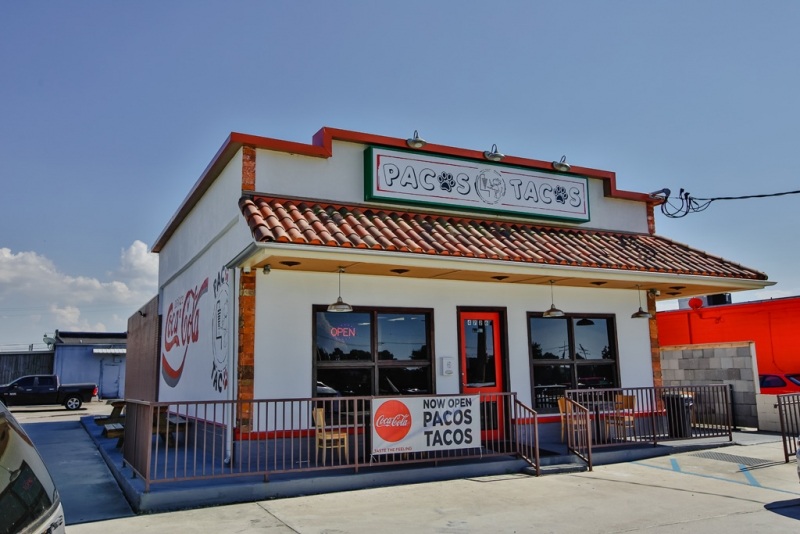- Written by VN Guest
- Published in Somos NOLA
Are You Hurricane-Ready?
Are You Hurricane-Rready?
Click aqui para español- >¿Está preparado para huracanes?
The State of Louisiana is urging its residents to have a hurricane plan that is updated to deal with the pandemic. This information can be found in more detail in getagameplan.org and in ready.nola.gov.
Understand that your planning may be different this year because of the need to protect yourself and others from COVID-19.
Give yourself more time than usual to prepare your emergency food, water, and medicine supplies. Home delivery is the safest choice for buying disaster supplies; however, that may not be an option for everyone. If in-person shopping is your only choice, take steps to protect your and others’ health when running essential errands.
Protect yourself and others when filling prescriptions by limiting in-person visits to the pharmacy. Sign up for mail order delivery or call in your prescription ahead of time and use drive-through windows or curbside pickup, if available.
Pay attention to local guidance about updated plans for evacuations and shelters, including potential shelters for your pets.
If you need to evacuate, prepare a “go kit” with personal items you cannot do without during an emergency. Include items that can help protect you and others from COVID-19, such as hand sanitizer, or bar or liquid soap if not available, and two cloth face coverings for each person. Face covers should not be used by children under the age of 2. They also should not be used by people having trouble breathing, or who are unconscious, incapacitated, or unable to remove the mask without assistance.
When you check on neighbors and friends, be sure to follow social distancing recommendations (staying at least 6 feet, about 2 arms’ length, from others) and other CDC recommendations to protect yourself and others.
If you need to go to a disaster shelter, follow CDC recommendations for staying safe and healthy in a public disaster shelter during the COVID-19 pandemic.

PREPARE FOR AN EMERGENCY
- Know what emergencies or disasters are most likely to occur in your area and have an emergency kit pre-assembled.
- Inquire about emergency plans at places where your family spends time: work, daycare and school, faith organizations, sports events and commuting.
- Refill prescriptions so that you always have a seven (7) day supply.
- Identify responsibilities for each member of your household and plan to work together as a team.
- Know the difference between different weather alerts such as watches and warnings and what actions to take for each.
- Learn about your community’s warning signals and frequently monitor television, NOAA radio, Internet and mobile apps.
>> Don’t wait until the storm approaches to download your apps.
- If there is a chance you will have to evacuate, turn the refrigerator and freezer to the coldest setting and keep them closed as much as possible so that food will last longer if the power goes out.
- Listen to local officials and be ready to evacuate. Know your evacuation routes and emergency shelters and checkpoints. Notify someone outside the disaster area of your plans.

























